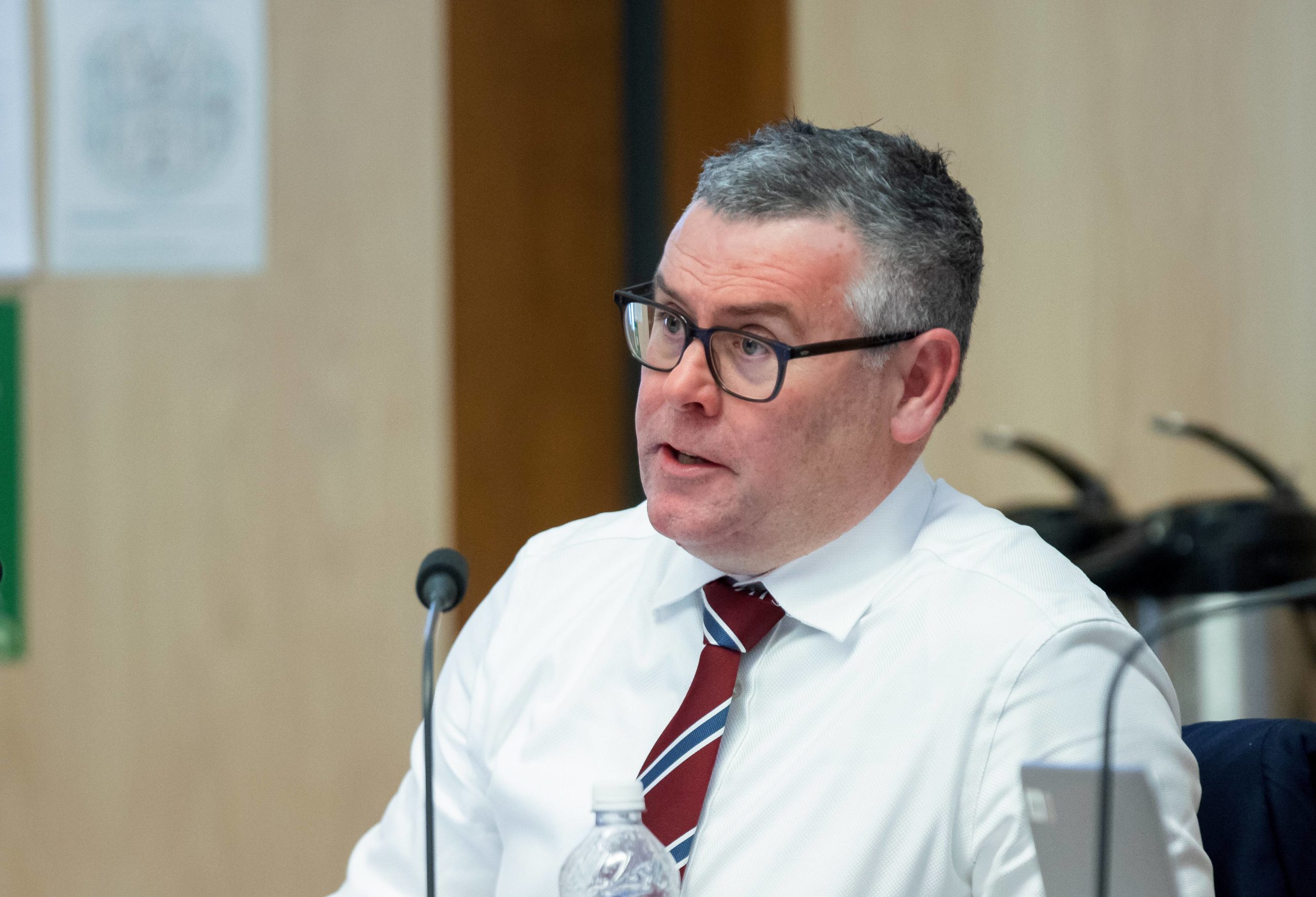



Article by: Hari Yellina
Murray Watt, the new agricultural minister, has farming running through his blood. His father grew up on a dairy farm outside of Mackay, Queensland’s north coast, before moving on to manage beef cattle and eventually worked as a cane cutter, while his mother’s family owned and operated dairy farms in the state’s Darling Downs. After being sworn in as the nation’s 35th agriculture minister, the Queensland senator declared, “I’ve got farming in my blood.” “I grew up hearing stories about how to maintain a farm and the difficulties that farmers endure. That, I believe, is what piqued my interest in it all those years ago.”
Senator Murray said his many roles in politics, whether in the Queensland state government or the Labor shadow ministry, put him in regular contact with regional Australia and the agricultural community, in addition to his background. Senator Watt said, “Agriculture has always been an interest area for me; I spent a lot of time in regional Australia and I’m passionate about regional towns thriving.” “Agricultural production is unquestionably a backbone business for regional Australia.” Senator Watt’s first task will be to implement Labor’s farm visa, which would focus on the Pacific Islands rather than Southeast Asia.
Agriculture industry leaders have criticised the programme, claiming that Pacific employees were already available through other schemes and that it does not fill the semi-skilled and high-skilled roles that the sector requires. Senator Watt stated that he would confer with the industry on the policy’s execution and that he would be willing to make any necessary changes. “Our first aim is to simply implement the policy, which we believe will result in a significant improvement,” he said. “But it’s a massive task, and I don’t think I’m underestimating it. It is, without a doubt, the sector’s and my top short-term priority.”
Senator Watt will also be in charge of implementing Labor’s proposal to phase out the live sheep export trade, which has been widely panned by the agriculture industry. “It’s a policy we took to the election and want to carry out,” he said. “The live sheep export sector has been on the decline for quite some time. There was no deadline set for [the phase out], which was done in acknowledgment of the fact that it should be done in conjunction with industry and affected communities.” Senator Watt stated that, despite the unpopular measures, he was eager to form true alliances and productive relationships with everyone in the business, from industry groups and unions to rural communities and state governments.
Strengthening the country’s biosecurity system and maximising the benefits of net-zero agriculture were also high on the new minister’s priority list. The party has put aside $500 million to develop value-added services in the industry. Senator Watt stated, “We want to cultivate the wheat, but we also want to make the flower, we want to manufacture the cookies, and we want to make the chocolate chips that go in them.” “That’s the only way we’ll be able to extract the full value from our agriculture sector’s great raw materials.” Senator Watt was also named as Minister of Emergency Management, and he was a vociferous critic of the coalition government’s lacklustre response to multiple natural catastrophes.
“The Prime Minister was eager to get these impoverished polios together because one thing they both have in common is a strong focus on regional Australia,” he explained. “Natural calamities pose a special threat to regional Australia.” Labor plans to rename the $4.7 billion Emergency Response Fund the Disaster Ready Fund and spend $200 million annually on disaster mitigation projects. Senator Watt stated, “We really want to make sure that Australia is better prepared for future disasters, and that means investing more in disaster mitigation.” “Then, in the aftermath of disasters, we want to work a lot more on speeding up disaster response.”